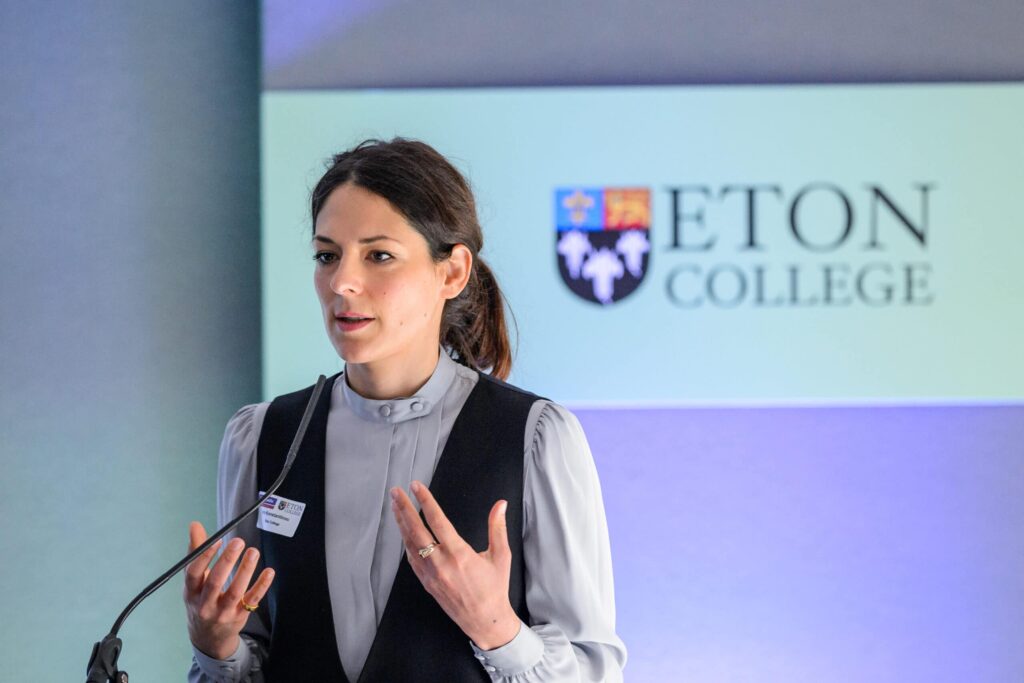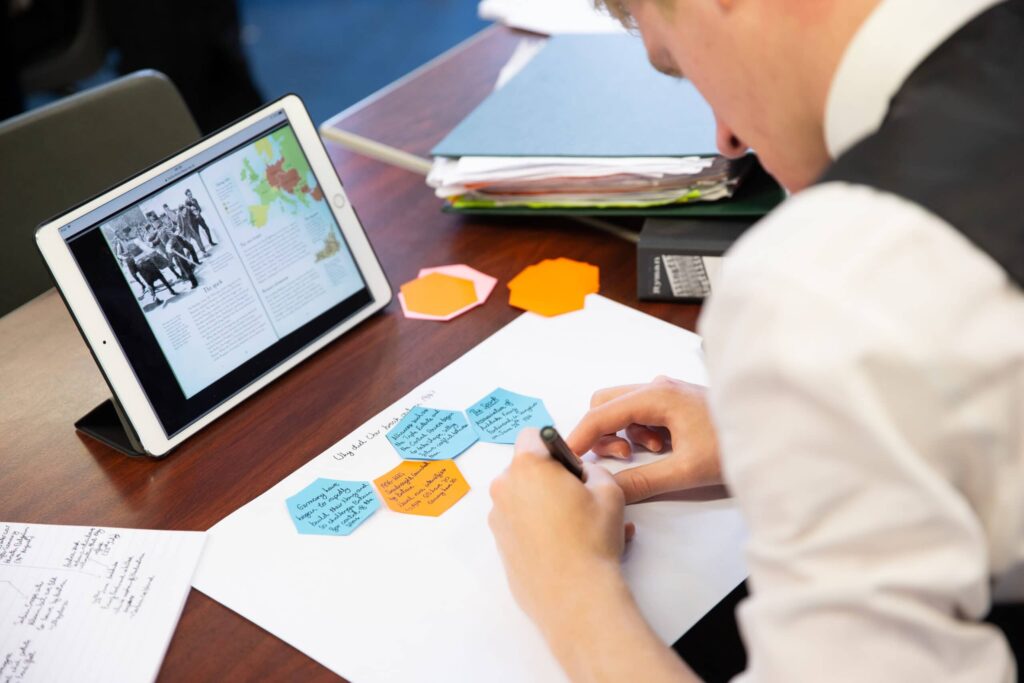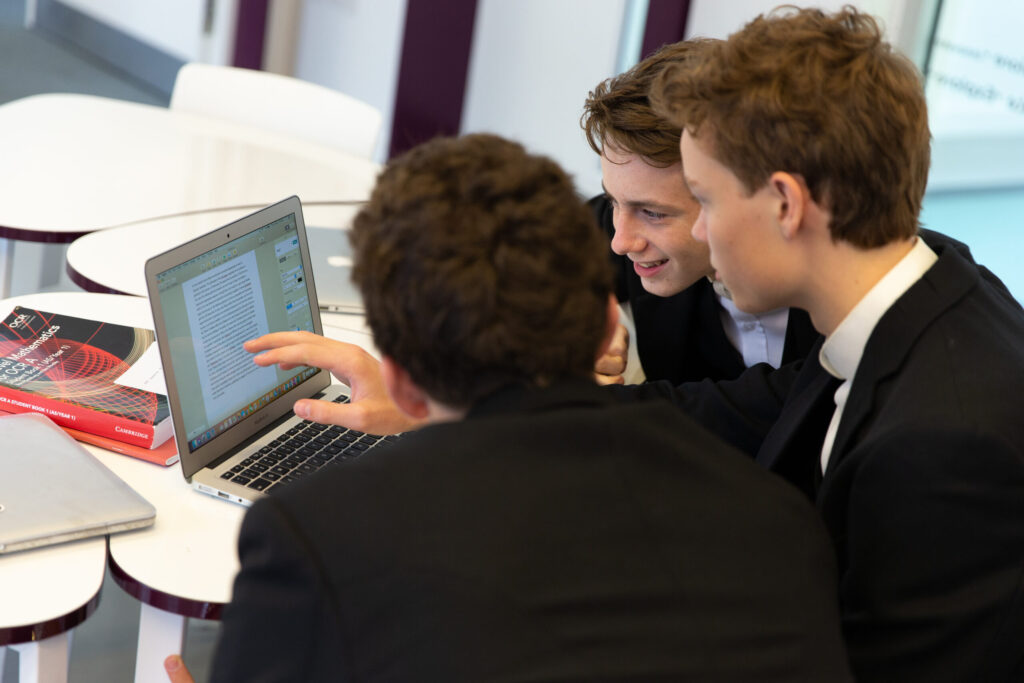Jonathan Beale, Researcher-in-Residence, CIRL
It is widely agreed that the ultimate aim both of education and of life is to flourish. The question of what it means to lead a flourishing life is among philosophy’s perennial questions and it underpins the field of contemporary educational research known as ‘character education’. The Jubilee Centre for Character and Virtues’ influential ‘Framework for Character Education in Schools’ (2017) states that ‘Human flourishing is the widely accepted goal of life’ and that ‘Flourishing is the ultimate aim of character education’ (p. 1). Helping children to flourish is not only an aim of character education, though; it is supported by education’s other categories of aims, including its epistemic, civic, moral and political aims.
It is debatable whether schools should have any moral and political aims; if they should, it is debatable what those aims should be. But it is uncontroversial to say that all schools should support the flourishing of the children they educate; and if schools have any moral or political aims, they should be those the fulfilment of which supports human flourishing.
Some of the ways in which the moral and political aims of education support human flourishing are considered by the political philosopher Harry Brighouse in his article, ‘Moral and Political Aims of Education’ (2009) (all references in what follows are to this). Schools have ‘an obligation’, Brighouse writes, ‘to facilitate the long-term flourishing of … children’ (p. 39).
Brighouse divides the moral and political aspects of education into three categories: ‘aims goals’; ‘distributive goals’ and ‘constraints’. ‘Distributive goals’ concern the distribution of educational opportunities; the ‘constraints’ Brighouse considers are those placed upon the aims of education, even if all aims and distributive goals are achieved.
Aims goals are concerned with the ideals of what the educated person would be like and the values that underlie those ideals. They are ‘fundamentally about what kinds of educational opportunities should be available’ – for example, whether children should receive character education or religious education (p. 35). In what follows, I’ll just discuss Brighouse’s ‘aims goals’, as his consideration of this category is where the question of how education can support human flourishing is discussed in most detail. I’ll focus on the two aims goals Brighouse connects with a character trait that is arguably necessary for any individual to flourish: autonomy.
1. Autonomy
To be autonomous is to be able to make independent judgements and decisions free from external control. We are always influenced by others; but autonomy requires that such influence does not come at the cost of our decisions not being those we can rightfully call our own.
Brighouse defines personal autonomy as the ability to make and act on well-informed and well-reasoned judgments about how to live (p. 36). The autonomous individual is reflective and responsive to reasons (p. 37). Autonomy also involves the following features:
‘The autonomous person … has sufficient knowledge of the relevant variables and sufficient fortitude to make … parental pressure a very small influence on his choice; whether, ultimately, he chooses for or against will depend on his own, independent, judgment of the fit between the occupation and his interests.’ (p. 36)
The autonomous person is ‘able to adopt alternatives’ and has the ‘self-knowledge, habits of mind, and strength of character to make the appropriate alternative choices’ (p. 36). Autonomy involves being able to see an alternative course of action to that prescribed by others and judge for oneself which course of action is the best to pursue. Autonomy is, therefore, directly related to independent thinking, another important skill to develop during education.
Schools do not need to develop children into fully autonomous individuals during their school years; but they do need to provide children with the skills to be able to become autonomous (p. 37). During schooling, children should develop the capacity to become autonomous individuals.
Brighouse connects autonomy with flourishing. Flourishing depends upon finding a way of life suited to an individual’s personality. While we could identify various objective features constitutive of a flourishing life, such as a sense of fulfilment, good relationships with friends and family, and perhaps the satisfaction of other areas outlined in Abraham Maslow’s influential ‘hierarchy of needs’, what counts as fulfilling many of these will vary across individuals. Indeed, Maslow described our highest need, ‘self-actualization’, in terms that emphasise the importance of autonomy: according to Maslow, self-actualization involves ‘becoming who we really are’.

‘Becoming who we really are’: Abraham Maslow’s ‘hierarchy of needs’ (image courtesy of the School of Life)
What counts as, for example, ‘meaningful work’ will vary depending on a person’s desires, passions, inclinations, ambitions and so on. People assign different balances of value between work and leisure time. For some, the main source of meaning in life comes from their work; for others, Brighouse writes, ‘it is in their leisure time that they will find the meaning in their life’ (p. 39). The pursuits in which a person finds meaning within work and leisure time will also vary. While there are objective measures for various human achievements, what registers to an individual as that which provides a feeling of accomplishment will vary. We each need to develop autonomy, then, to be able to find ways of life suited to our individual personalities; and we need to find such ways of life to be able to flourish.
So, important to achieving the aims goal of autonomy is that children should be taught how to make judgements about what has value for them. That requires the ability to assign appropriate weight to the various influences over their decisions about what they should value. For such decisions to be autonomous, children need to develop the ability to prevent those influences going too far.
Various factors will influence the kinds of things in which one places value, such as one’s culture, society, parents, friends, schooling and the period of history into which one is born. From the influences imposing themselves upon us, we each need to discover what has value for each of us. The requirement on schools, in light of this, is to provide opportunities for children to explore work they find rewarding and provide them with the skills to be able to judge the relative importance, for them, between work and the other activities they value:
‘… the general principle that everyone should have a wide set of opportunities to flourish supports educating them so that they have the opportunity to find rewarding work and can judge the relative importance of work and other activities.’ (p. 37)
A child cannot be expected to discover what they most value during their time at school; but they can begin to discover what they most value and they can acquire the skills to know how to discover what else they most value. Schooling should develop these skills. School should equip children with the skills to be able to figure out what has most value for them.
Weighing up the relative value of any course of action should, of course, be done on the basis of good reasons. This is among the reasons why critical thinking plays an important role in values education. As Brighouse writes, laying an emphasis on the importance of autonomy in education ‘suggests that it is important for all children to be exposed to a range of moral and political perspectives, and to be educated to become critical thinkers’ (p. 48).
2. Personal flourishing
One of the five aims goals Brighouse considers is personal flourishing. This is in addition to flourishing being the ultimate aim of education. As Brighouse notes, at the foundation of the other aims goals is the ultimate aim that it is ‘extremely valuable for [children] to be able to live flourishing lives’ (p. 39). But he also includes flourishing as an aims goal in itself, and goes through some of the things that contribute towards a flourishing life, such as exercising skills that are difficult to master (p. 39), and the things that evidence suggests tends to increase happiness and well-being – e.g., the relation between wealth and happiness, and close connections and relationships with family and friends (p. 39).
One reason for counting personal flourishing among the aims of education as well as the ultimate aim is that flourishing takes several forms. There are such things as flourishing societies as well as flourishing individuals. A society can consist of many flourishing individuals without the society itself flourishing; and a society can flourish while consisting of many individuals that are not. The above outlines some of the ways in which schools can help children to lead flourishing lives and contribute towards a flourishing society.




